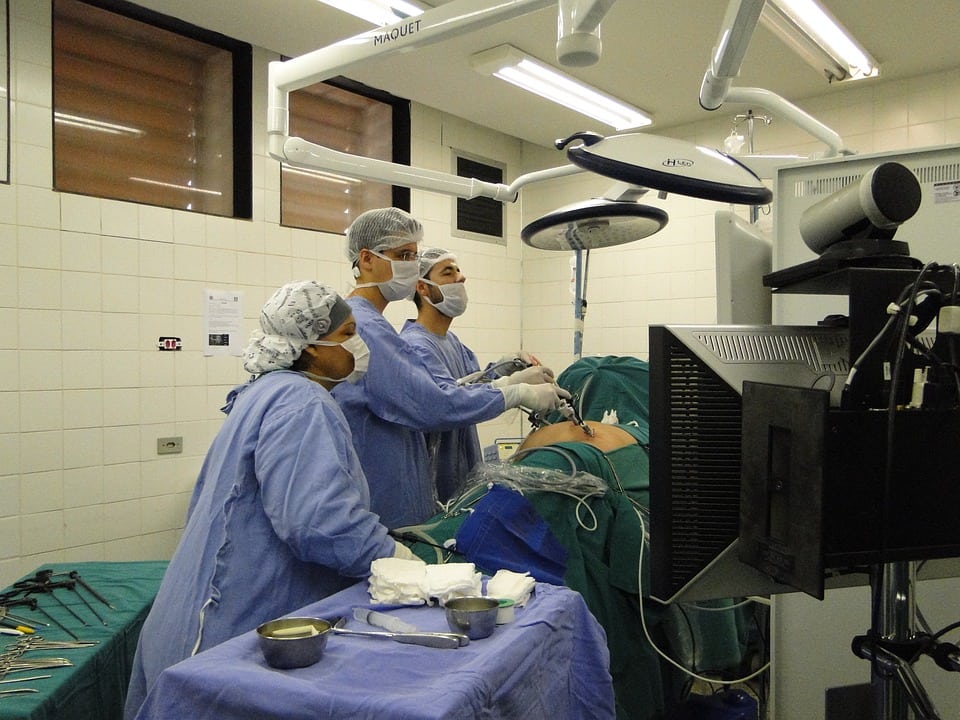According to a story from PR Newswire, a recent study indicated that researchers that were focused on kidney illnesses such as chronic kidney disease, congenital nephrotic syndrome, and glomerulonephritis have not been focusing enough on patient centered studies and outcomes in their research. The results from the analysis are not encouraging; using an online survey that included over 600 researchers, nearly three quarters of this group had never conducted research that was primarily focused on improving patient quality of life and outcomes.
The study also demonstrated that patients with rare kidney diseases are also not often included in research and have only limited access to new information. For example, about half of the researchers published almost exclusively in academic journals. While useful for fellow researchers, data in journals is often difficult to interpret for the general public and if findings are not presented in a public setting, then that usually means that many patients may be missing out on information that could be of vital importance for their condition.
The study also surveyed 860 patients and their families that were dealing with kidney problems such as chronic kidney disease. The survey results found that 90 percent of this group expressed interest in becoming more directly engaged and involved in research studies that are relevant to their illness, but there is currently no arrangement that allows patients to get involved easily. Getting patients involved should be of vital importance for researchers. After all, engaging with the patient community will help ensure that the content of study is more significant to patients and can help build trust that would encourage patients to be more willing to try a new treatment or device being tested.
The data highlights a major rift between the medical research field and the patients that they are ideally supposed to be helping. This rift is structural in nature in some ways. For example, patients with chronic kidney disease often have to resort to dialysis once their disease has become advanced, particularly if they don’t qualify for a transplant. Unfortunately dialysis centers are far from ideal for conducting research studies. Many projects also do not set aside sufficient funding for engaging with patients and researchers often do not know the best ways to do it in the first place.
Patient involvement is also limited be expense, lack of information about opportunities, and poor understanding of the research. Clearly, the culture and norms around kidney disease research needs to change, and it is likely that similar problems occur in other fields of research also.







